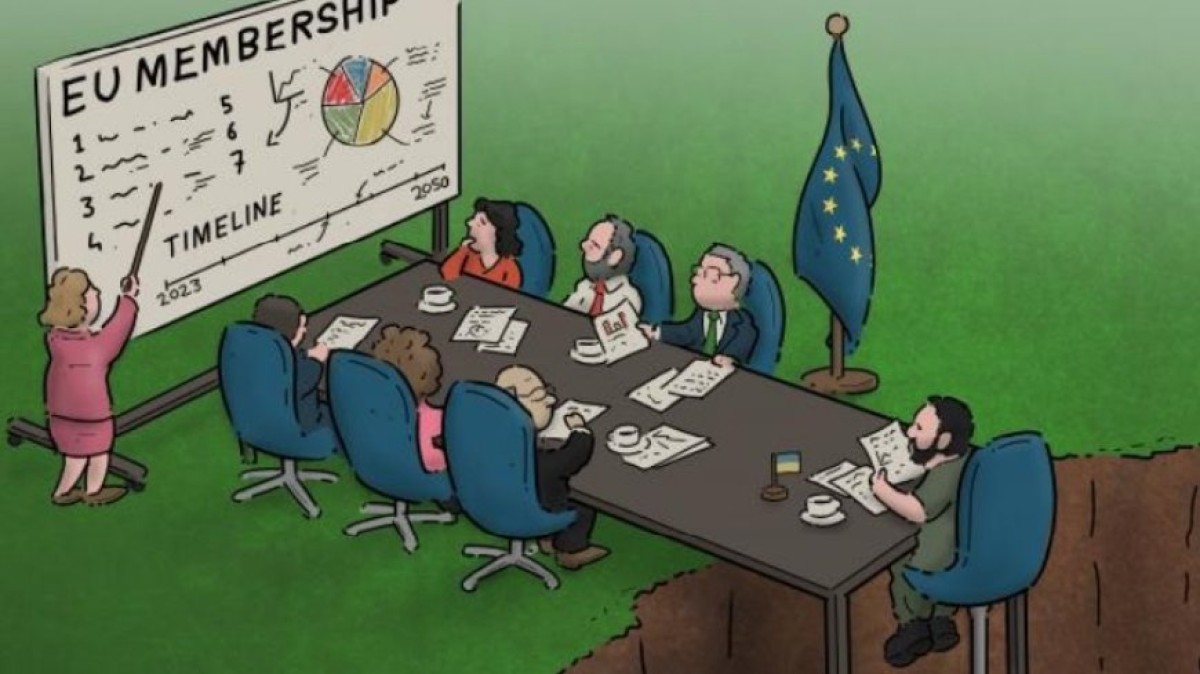Ukraine has been deemed the most catastrophic military conflict in Europe since World War II. Fighting in Ukraine quickly changed the optimistic landscape and delivered a severe setback to Europe's security and economy just as European countries were beginning to recover from the terrible effects of the pandemic. Many observers have argued that it may lead to the dissolution of the European Union. Although this interpretation of the Ukrainian situation may exaggerate the consequences, it has resulted in irreversible geopolitical changes.
Half of European Union citizens are concerned about the growing cost of living owing to the raging hostilities in Ukraine, the fuel crisis, and the spike in inflation. According to a recent survey conducted by the European Commission, over half of all Europeans are struggling financially. Almost half of Europeans (46%) say the crisis has worsened their lives. The quality of life has declined the most in Cyprus, Greece, Malta, France, and Portugal, while Swedes, Danes, and Finns are the happiest with their incomes.
The fact that 30% of respondents stated they regularly had trouble paying their monthly bills, and 9% said this was the pattern, is the most worrying aspect of this survey. Greece and Bulgaria continue to have the highest rates, with 86% and 64% of the populations reporting difficulties, respectively.
Most Europeans (56%) are dissatisfied with EU attempts to rein in rising living costs, and 64% are dissatisfied with government initiatives. The rising cost of living, including food and energy, was a significant concern for 93% of poll respondents. Poverty (82%), climate change (81%), and the possible spread of the Ukrainian conflict to neighbouring nations are major concerns for EU citizens.
Protests and strikes have erupted throughout Europe, with France and the UK serving as epicenters. The unprecedented exodus of personnel in the healthcare and transportation sectors has virtually paralysed the French government. In the UK, Rishi Sunak's administration is on the brink of becoming the sixth conservative administration to fall in the previous nine years.
On Wednesday, the Verdi trade union announced a one-day walkout at airports throughout Germany on Friday. Frankfurt, Munich, Stuttgart, Hamburg, Dortmund, Hannover, and Bremen are among the major German cities whose airports were closed on Friday due to a strike. Both a shortage of employees and insufficient pay have contributed to this strike.
By: F. Najafi
 351
351
Comment
Post a comment for this article